Normally, people with chronic sinusitis are easily affected by external stimuli, especially when the weather changes from hot to cold, making it easier for the disease to recur.
On dry, cold days, the nasal mucosa circulates more blood to function and can cause them to swell and become edematous. The nasal turbinates swell and the nasal mucosa also changes to adapt to the changing environment in the nasal cavity. This can easily lead to nasal congestion, runny nose, headaches, causing discomfort.
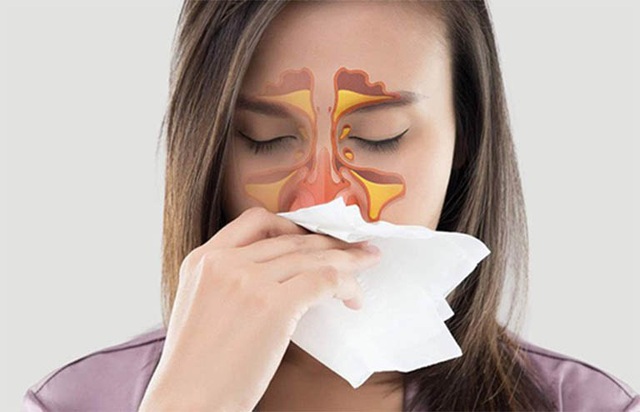
Illustration
Furthermore, when accompanied by bacterial infection, it will cause a runny nose with pus and odor. These conditions are also called acute sinusitis on a chronic basis.
Sinusitis that is not treated properly can make the disease worse as well as cause serious complications related to nearby areas such as the brain, eyes...
Signs of sinusitis need to be examined early
After 3 days of rhinitis, if you still have a lot of nasal discharge, the discharge is getting thicker, accompanied by a dry cough, you should see a doctor immediately. This will avoid sinusitis or sinusitis in the early stages. Treating the disease will be simpler for both the doctor and the patient. At the same time, the patient will not have to use a lot of medicine, will not have to undergo prolonged treatment, will avoid waste and side effects of the medicine.
What to do when sinusitis recurs
Recurrent sinusitis is caused by the opening from the sinuses to the nose not being completely cleared, they will be blocked very quickly whenever there are favorable factors such as cold, inhaling dust, chemicals... the main reason is that patients do not comply with thorough treatment every time they have acute sinusitis because they are afraid of taking antibiotics and anti-inflammatory drugs for a long time, because they are worried about side effects affecting their health.
Usually when prescribing sinusitis treatment, doctors will prescribe antibiotics and anti-inflammatory drugs for the first 7-10 days. After that, patients can replace the treatment with herbal medicine in pill form combined with spray form to maintain anti-inflammatory and anti-mucosal edema effects, eliminate stagnant inflammatory fluid, regenerate the sinus mucosa, helping to treat sinusitis effectively without fear of side effects like using Western medicine.
How to take care of your nose to prevent sinusitis and recurrent rhinitis
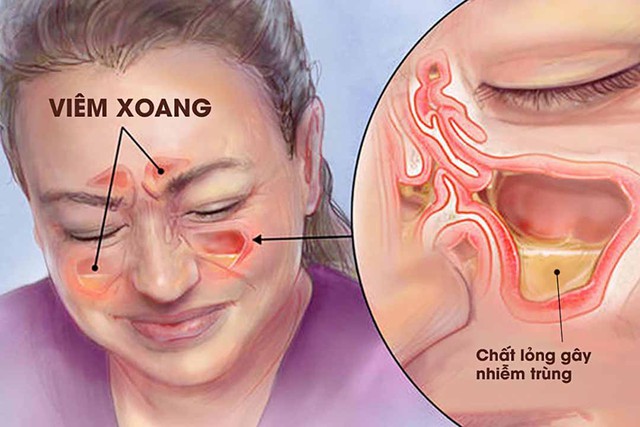
Illustration
Clean nose with saline solution
To prevent sinusitis, experts advise that you need to pay attention to maintaining nasal and throat hygiene. Physiological saline has strong cleaning and disinfecting properties. Moreover, it also helps inhibit the activity of bacteria, yeast and viruses to protect the nasal and sinus mucosa.
Cover your nose when going out
Wearing warm clothes and covering your nose before going out is a way to take care of your nose in winter. Because cold air will make our body weaker, causing respiratory diseases such as flu, runny nose, sinusitis... At the same time, you should also limit contact with people with flu or runny nose to avoid spreading viruses through the air.
Limit nose picking and blowing
In the cold season, people often get colds and runny noses. However, when blowing your nose, you need to be careful to blow gently, do not use your fingers to pick your nose. Because these seemingly simple actions can damage blood vessels and cause nose hair loss. In addition, they also carry pathogens, causing inflammation of the nose, causing diseases such as sinusitis.
Drink enough water
Supplementing enough water for the body is a particularly important issue that is always recommended. In addition to ensuring health and metabolism, this is also considered a way to help prevent sinusitis.
Source



![[Photo] Prime Minister Pham Minh Chinh works with the Standing Committee of Thai Binh Provincial Party Committee](https://vphoto.vietnam.vn/thumb/1200x675/vietnam/resource/IMAGE/2025/5/12/f514ab990c544e05a446f77bba59c7d1)
![[Photo] Prime Minister Pham Minh Chinh receives Swedish Minister of International Development Cooperation and Foreign Trade](https://vphoto.vietnam.vn/thumb/1200x675/vietnam/resource/IMAGE/2025/5/12/ae50d0bb57584fd1bbe1cd77d9ad6d97)



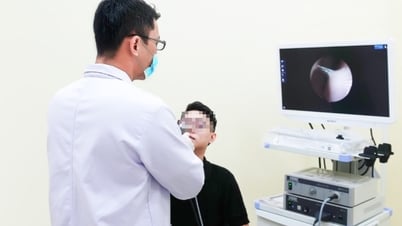

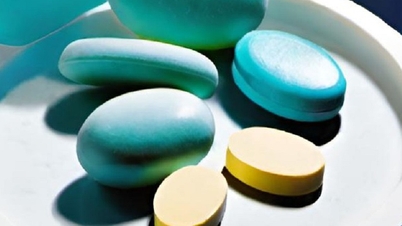





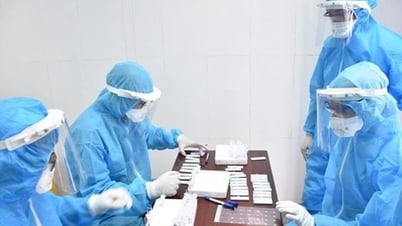
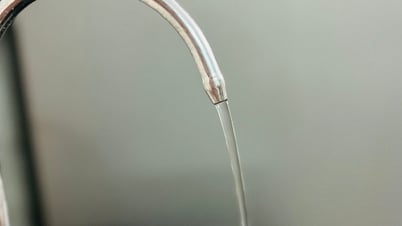


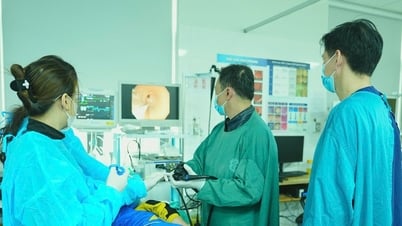






























































![[Infographic] New points in the 2025 high school graduation exam](https://vphoto.vietnam.vn/thumb/402x226/vietnam/resource/IMAGE/2025/5/13/f0cfdc8a459140189332d252cca0af7d)











Comment (0)